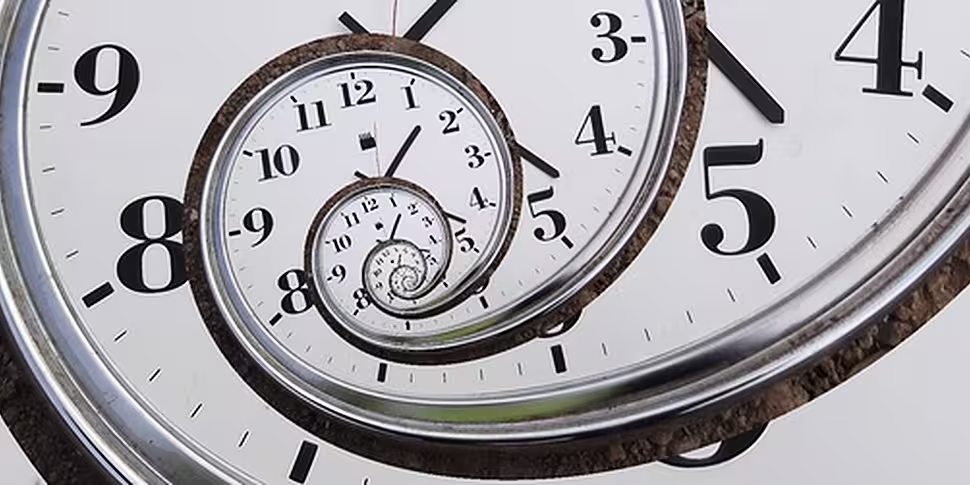Spring forward, fall back, as the maxim goes, but why do we still change move our clocks an hour ahead every year during the last weekend in March?
On this evening’s Right Hook, George was joined by Dr David Malone, a mathematician and statistician from Maynooth University, to explain the history of daylight savings around the world, and why we’re still keeping up the tradition in a digital 24-hour world. You can listen to that interview below:
While we usually grumble and moan when the clocks go back, forcing us out of bed an hour earlier and acting as a harbinger of the cold winter’s arrival, this weekend sees us gain an extra sixty minutes. But this annual spending and saving might not be doing us any good, as it plays havoc with our hearts.
In 2014, US data compiled from the largest ever study of its kind revealed that the Monday after we push forward the clocks resulted in a 25 percent spike in the number of heart attacks when compared to any other Monday of the year. But it’s not all doom and gloom, as fate has found a way to address this imbalance – the Tuesday after the clocks go back in October sees a 21 percent decrease in cardiac hijinks.
Historically, Monday is typically the day of the week when you are most likely to suffer a heart attack, but researchers cannot not conclusively say why the numbers fluctuate so much around the time of changing the clocks. But they do have a theory:
"Perhaps the reason we see more heart attacks on Monday mornings is a combination of factors, including the stress of starting a new work week and inherent changes in our sleep-wake cycle," Amneet Sandhu, cardiac fellow of the University of Colorado, said. "With daylight saving time, all of this is compounded by one less hour of sleep.”
Based on figures for hospital admissions in Michigan, the average ER department deals with 32 patients presenting with heart attacks on any given Monday of the year. But after sifting through the data, the research suggested that on the Monday following the this weekend’s hour gain, there were, on average, an additional eight heart attacks on that day over a period of four years.
The curious coronary kink gives an extra jolt to the arguments made by American legislators keen to get rid of the annual tradition of spending and saving daylight. First mooted by Benjamin Franklin, it was implemented across the US during the first World War, used as a way to save energy. Nowadays, only Arizona and Hawaii don’t observe the practice – made all the more unusual given that the Navajo Nation, a terrain stretching across parts of Arizona, does.
And Dr Sandhu said that we need to consider if the jetlag of daylight savings is worth it.
"We know from previous studies that a lack of sleep can trigger heart attacks, but we don't have a good understanding of why people are so sensitive to changes in sleep-wake cycles. Our study suggests that sudden, even small changes in sleep could have detrimental effects," he said.









